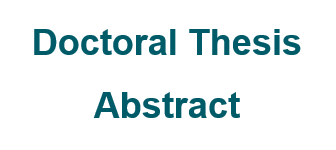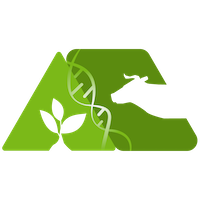Development of management practices for the citrus borer, Diploschema rotundicolle
DOI:
https://doi.org/10.31285/AGRO.26.1513Palavras-chave:
integrated pest management, Uruguay, pheromones, light trapsResumo
The citrus borer, Diploschema rotundicolle (Audinet-Serville), is a cerambycid beetle native to the neotropical region. It is regarded as primary citrus pest in Uruguay; when populations are high, it causes serious deterioration in the structure of trees, resulting even in the death of trees, affecting grove productivity and patrimonial value. Control strategies for this pest are primarily cultural and highly demanding of man-labor, resulting both expensive and inefficient. The aim of this thesis was to develop management strategies for D. rotundicolle adults. We studied the insect’s chemical communication system, finding that the males emit a pheromone primarily constituted by (R)-3-hydroxy-2-hexanone, to which both males and females respond in laboratory conditions. This compound was not highly attractive to D. rotundicolle in the field; however, numerous other native cerambycid species, with unknown pheromone chemistry, were attracted to this compound. In particular, Retrachydes thoracicus thoracicus (Olivier) showed high catches. For field trapping of D. rotundicolle, we found that black cross vane traps coupled with black light, hanged at 3 m high, proved the most effective. These traps are effective for adult flight monitoring, tool that will enables to focalize in time and space the cultural practices. Our results also allowed to determine adults’ flight period and duration in southern Uruguay citriculture conditions. Further, it was observed that the beetles seek shelter under loosen barks of Eucalyptus globulus, which often surround citrus plantations as windbreakers. Manual extraction of these adults represents another potential cultural control strategy. Finally, our first approximation for mass trapping in light traps was evaluated with promising results. The knowledge generated in this thesis contributes to the sanitary and economic sustainability of the citriculture sector.
Downloads

Publicado
Como Citar
Edição
Seção
Licença
Copyright (c) 2022 Agrociencia Uruguay

Este trabalho está licenciado sob uma licença Creative Commons Attribution 4.0 International License.
| Métricas do artigo | |
|---|---|
| Vistas abstratas | |
| Visualizações da cozinha | |
| Visualizações de PDF | |
| Visualizações em HTML | |
| Outras visualizações | |

















